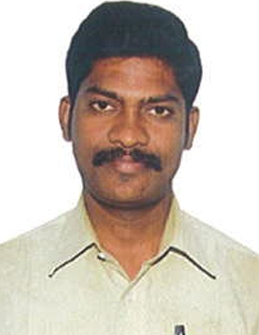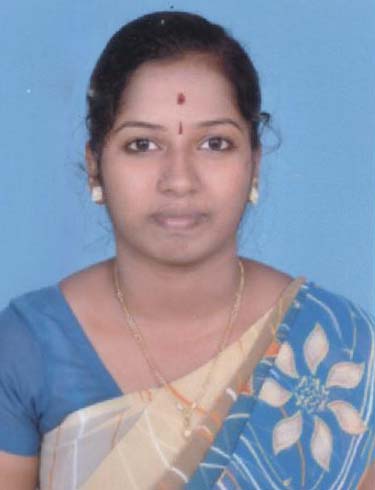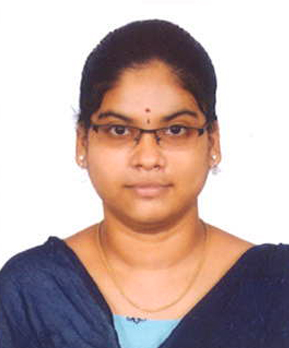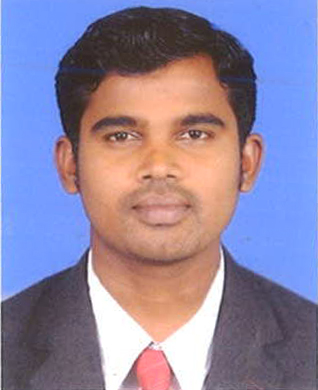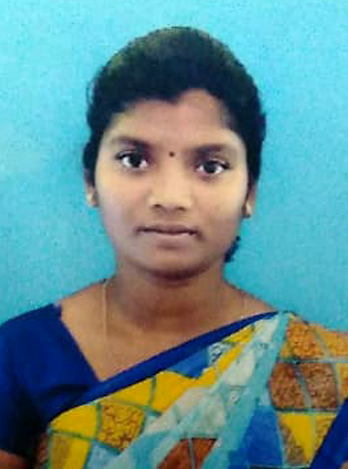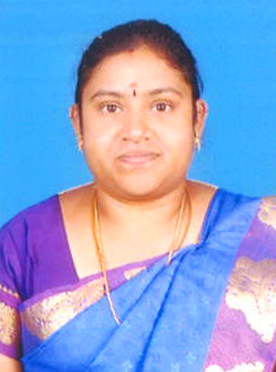About
To facilitate students enrich their communication skills in the English language and inculcate in them a love for reading and interpreting
literature.The teaching methodology followed in the Department focuses on the following aspects of teaching and learning. The pedagogical theory
for the student-centred curriculum is based on Lev Vygotsky’s seminal principle that “meaning should constitute the central aspect of any unit of
study.” Hence there will be a strong emphasis throughout the entire course to teach English as a means of communication rather than as an end in
itself. However, attention will be given to language development, grammar and vocabulary and pronunciation by leveraging Task Based Learning to
mesh classroom language learning with language use in real life situations outside the classroom. Classroom lectures, seminars, pair and group
work based not only on the prescribed texts but, from time to time, also on supplementary authentic materials like advertisements, newspaper and
magazine articles, audio and video files, movie clips. However, our general English courses and our many writing courses address more directly these
core skills. The department believes students should understand the "meaning" of literature in terms of social, cultural, aesthetic, and intellectual
movements that are also the provinces of the social sciences. In addition, we have several courses devoted to studying theories of literature. Several
others discuss literature as a realm of experience that reflects aspects of the social and cultural contexts in which it is embedded. Student-centred
formative assessment which assesses linguistic and communicative competencies is integrated into the curriculum in the form of Continuous
Assessment tests, seminars and short paper presentations, in order to promote commitment to the learning objectives and thus enhance learner
motivation.
- To excel academically and professionally in communication skills
- To develop a critical appreciation of literature
- To comprehend the universality of human concerns
- Collaborative programme with external agencies
- Good interpersonal relationship between faculty and students.
- Well Equipped Language Lab, Team of dedicated faculty & Periodic parent -teachers meet

